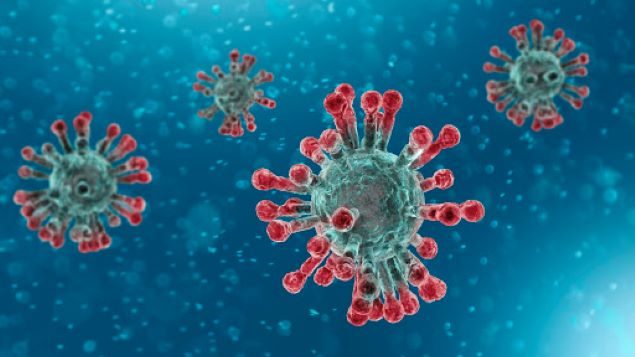Canadian researchers have published a study that suggests that COVID-19 appears to be infectious only for the first eight days after patients experience symptoms.
The study, published Friday in the peer-reviewed journal Clinical Infectious Diseases, is the largest of its kind and appears to confirm recent research in Germany and China.

(iStock)
The researchers, from the National Microbiology Laboratory, Cadham Provincial Laboratory and the University of Manitoba, say the study permits public health authorities to be confident in the practice of requiring returning travellers or anyone who may have been exposed to COVID-19 to isolate at home for two weeks–though the researchers say larger studies were still needed.
“Isolation of COVID-19 cases in the community is typically recommended for at least 10 days after symptom onset. Our data supports this approach,” the study concludes.
“These results have implications for clinical care, infection prevention and control and public health. These data can be used to efficiently target case-finding efforts by better defining the period of maximal transmission risk.”
The CBC’s Bartley Kives reports that the study also found samples appeared to be the most infectious three to five days after patients first experienced COVID-19 symptoms.
Since most patients get tested around Day 6, it becomes relatively easy to target contact-tracing efforts around the most infectious time for any given patient, according to Jared Bullard, the associate medical director of Cadham Provincial Laboratory and a University of Manitoba professor, is the lead author on the joint study.

Jared Bullard, the associate medical director of Cadham Provincial Laboratory and a University of Manitoba professor, is the lead author on the joint study by researchers at Cadham Lab, the U of M and the National Microbiology Laboratory. (Submitted by Jared Bullard)
“What this was designed to do was to really assist our colleagues in the clinical practice. They were making decisions about when they felt people could be removed from extra precautions,” Bullard told Kives.
“If somebody’s at home in the community, they typically will be at home for 10 days after those symptoms start, and at that point they’re free to go out and they shouldn’t be infectious to other people. We didn’t have the data to support that, and in the hospital we were actually looking at longer.”
The study which involved 90 samples from COVID-19 positive tests in Manitoba, used the reverse transcription polymerase chain reaction (RT-PCR), the most common kind of lab test used to confirm the virus that causes COVID-19.
The PCR test can only detect nucleic acid from the virus.
From the positive tests, researchers created new cell cultures to see if the virus could still grow.
They found the 26 samples that were taken within eight days of symptom onset demonstrated viral growth.
There was no viral growth whatsoever in samples taken from patients more than eight days after they became symptomatic,
Their conclusion: infectivity beyond eight days of symptoms may be low, but more studies using a larger sample size are needed.
With files from CBC News (Bartley Kives)







For reasons beyond our control, and for an undetermined period of time, our comment section is now closed. However, our social networks remain open to your contributions.